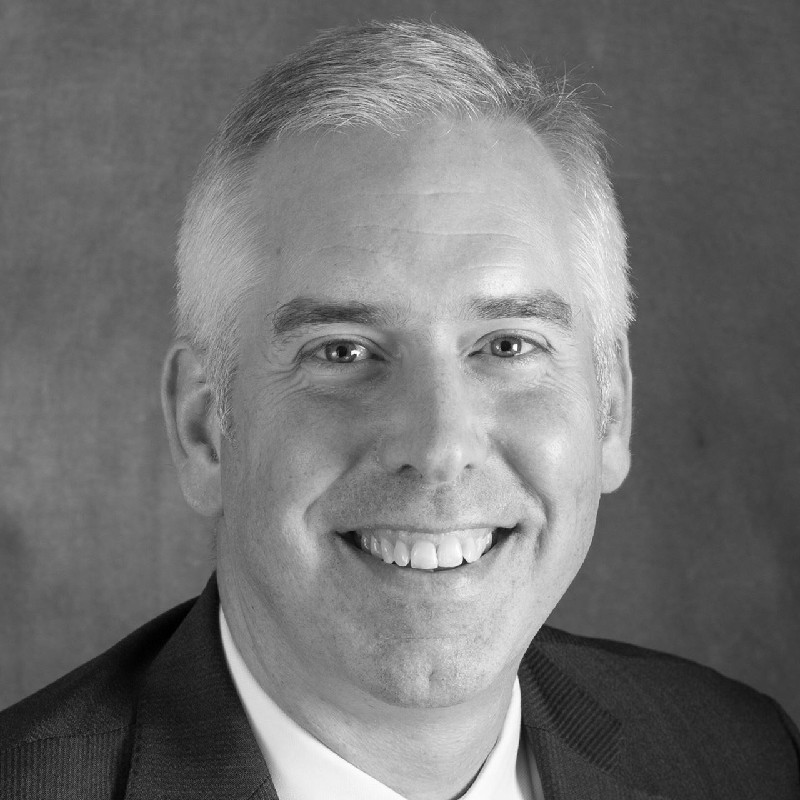Gratitude turns your focus from inward to outward, from reactive to proactive, from passive to active.
This is a very typical profile among successful executives. “Servant leaders” often show up as “the ______ next door” or “just one of the _______ s.” That can be limiting. It can also be empowering. It’s worth unpacking both sides to fully understand how to best leverage your LQ or Likability Quotient.
The former limiting perspective comes from the belief that top leaders aren’t just like everyone else. We think our leaders should be different than the rest of us—more charismatic, more commanding. The Likability Trap by Alicia Menendez builds on that from the female executive’s point of view. Sometimes, you have to “ruffle a few feathers” to do what’s right for the business and reach upper management.
Others confuse likability with being nice. “Nice” has a bad reputation these days – and many conflicting definitions too. But being nice is really just a small part of being likable. Kindness and empathy contribute much more to an individual’s LQ.
Tim Sanders’ book The Likability Factor uses four elements of your personality as both the gauge for measuring likability and the areas to improve it:
- Friendliness,
- Relevance,
- Empathy, and
- Realness.
Sanders says these personality factors offer multiple opportunities to build your effectiveness by fitting in and helping others.
Gratitude is an amplifier for all the traits Sanders emphasizes. It turns your focus from inward to outward, from reactive to proactive, from passive to active.
Gratitude turns out to be the difference-maker. Individuals who embrace thankfulness as a mindset are more focused on others’ success, more likely to have friendly relationships with clients and colleagues and are far more likely to gain reciprocal help from everyone around them.
The friend mentioned at the beginning of this article is at the top of the charts in each of those qualities. She’s one of the most thankful people many have ever met in a business that requires constant gratitude (event planning and travel). She also exhibits empathy through her ability to know what clients want before they even realize it. Her realness shows through an always-on authenticity that lets guests know she is experiencing their event simultaneously.
How can you develop a more thankful mindset? How can this be more than just “practicing gratitude” once a day or week? Start with a self assessment to determine your development opportunities. What would colleagues and personal friends say about you? Would you be their answer for the “would I want to be stuck in an airport with this person?” question? If not, the opportunity to develop gratitude may be the why behind the answer. Build your gratitude, and you’ll build your likeability quotient as well.

Charley Orwig, MBA
Senior Strategy and Brand Marketing Advisor
Are You Leading For Peak Performance?
Take this short assessment to gain insights on the kind of culture you’re fostering, how your leadership is impacting your team’s performance, and if you’re creating a great place to work.
Are you interested in learning how to lead your business through positive change? Click here to schedule an appointment.


